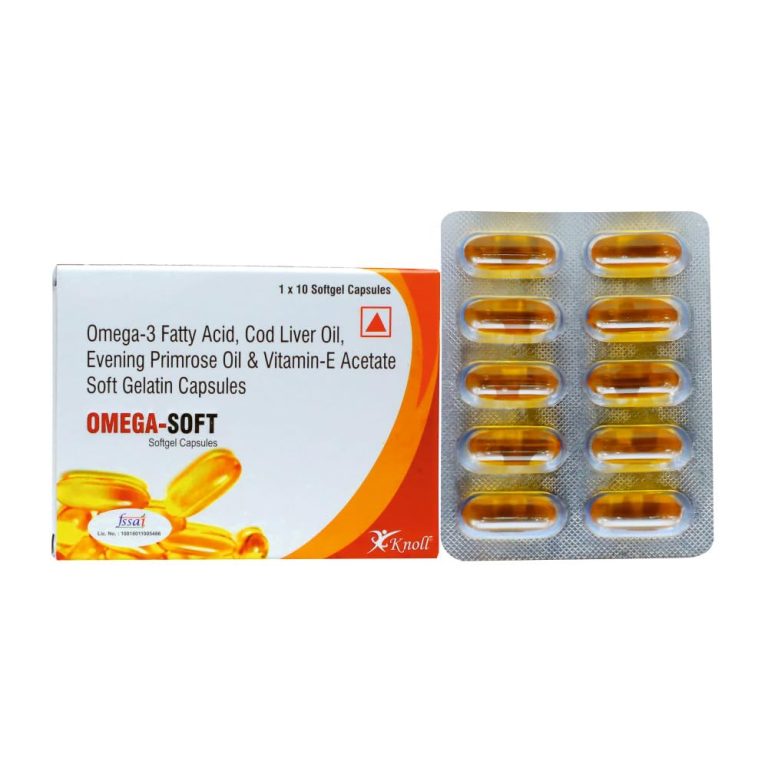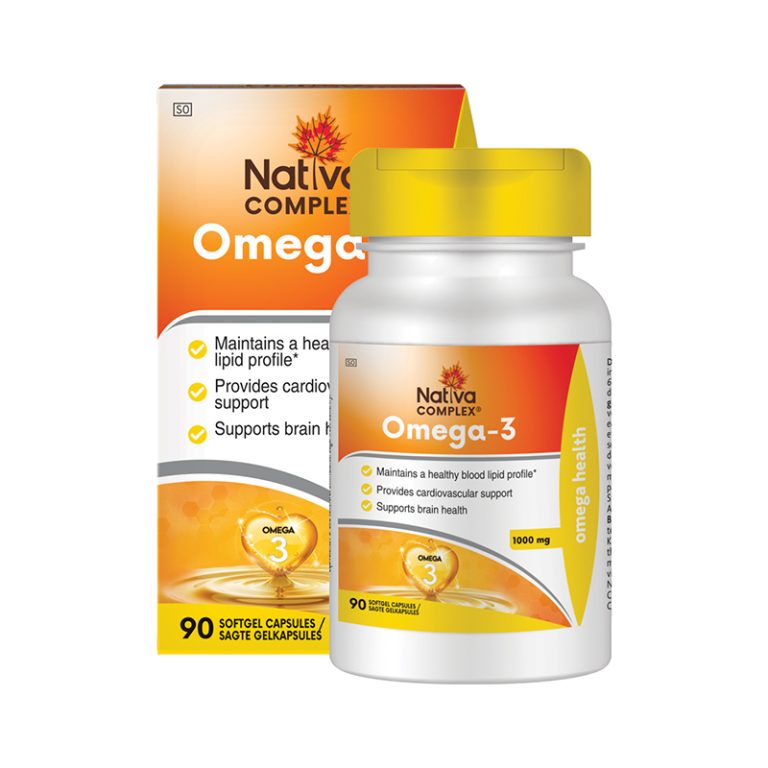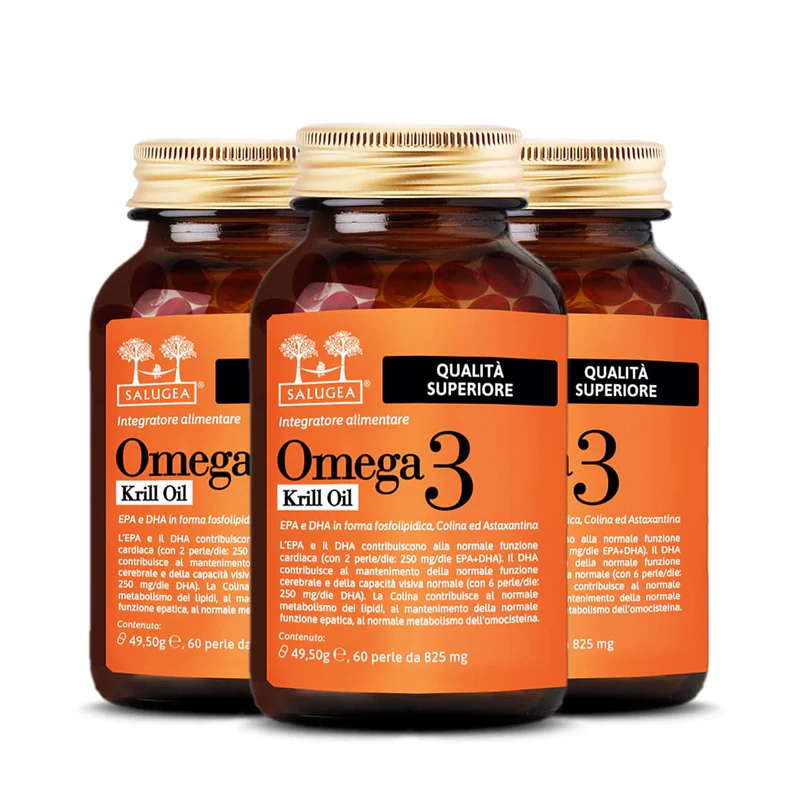
Krill Oil vs Fish Oil: A Comprehensive Comparison
Introduction to Omega-3 Fatty Acids
Omega-3 fatty acids are essential fats that our bodies cannot make. We must get them from our diet. These fats are key for maintaining health. Omega-3s are in fish, krill oil, and some plants. There are three main types: ALA, EPA, and DHA. ALA is in plant oils, while EPA and DHA are in marine oils. These fats support heart, brain, and eye health. They also help fight inflammation. The debate between krill vs fish oil centers on these nutrients. Both oils provide omega-3s, but their effects may differ. In our comparison, we will examine these differences. We will explore how krill oil and fish oil benefit our health. Our goal is to understand which oil may be best for you.
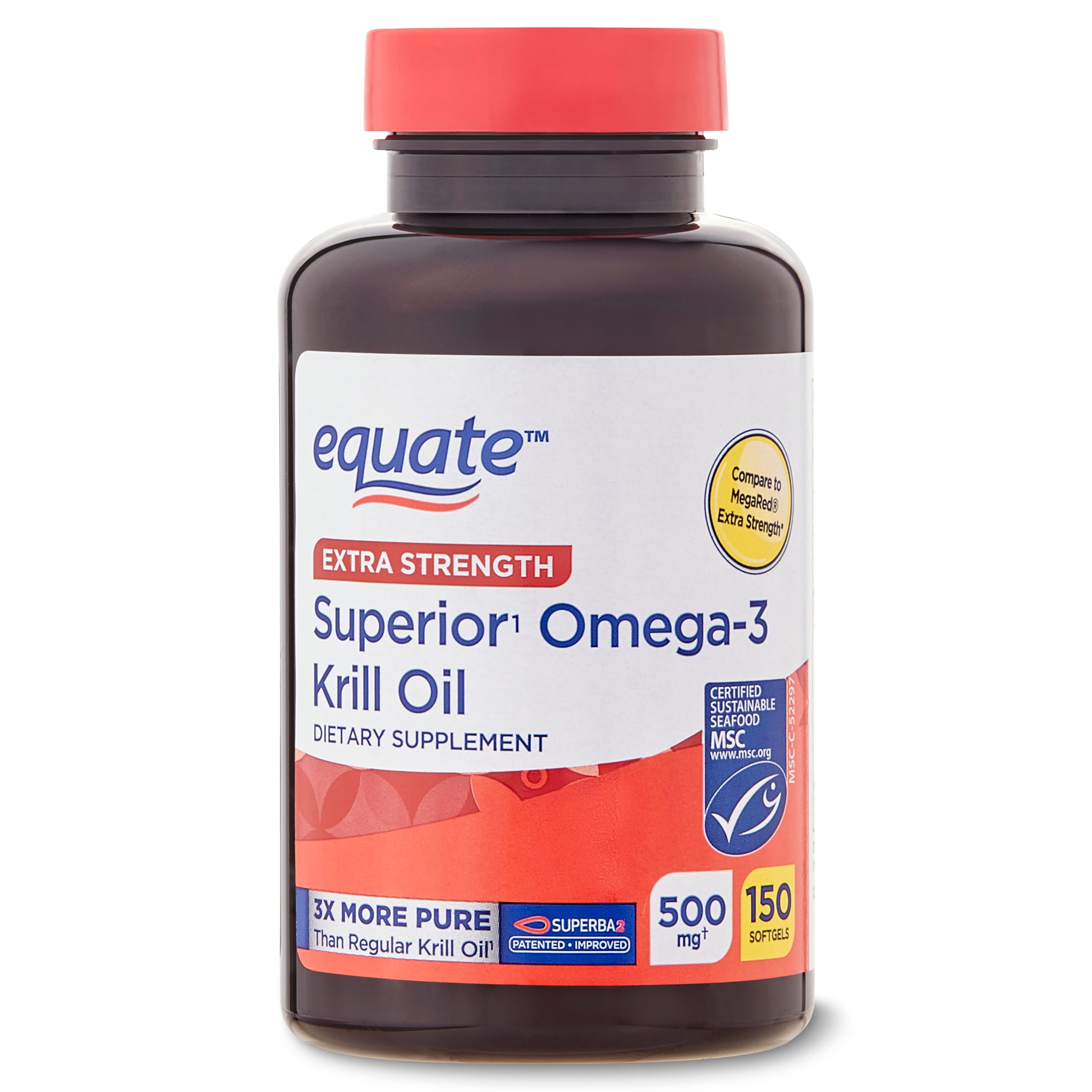
Krill Oil: An Overview
Krill oil is gaining popularity as a source of omega-3 fatty acids. Unlike fish oil, krill oil comes from Antarctic krill. These are small shrimp-like animals eaten by larger sea creatures. Krill is a sustainable food source for many marine animals. The appeal of krill oil in human diets is increasing. It’s not just a rich source of omega-3s but is praised for its unique qualities.
What is Krill Oil?
Krill oil is an extract from the bodies of Antarctic krill. This marine oil is packed with omega-3 fatty acids. These include EPA and DHA. Krill oil is also rich in phospholipids and astaxanthin. These add nutritional value. The phospholipids help with the absorption of fatty acids. Astaxanthin is a powerful antioxidant. It provides krill oil with its distinctive red color.
Benefits of Krill Oil
Krill oil stands out for several reasons. It promotes heart health by reducing bad cholesterol. It’s thought to ease joint pain and reduce inflammation. This makes it a potential ally against arthritis. Brain health is another benefit. Krill oil helps maintain cognitive functions. It’s believed to enhance memory and focus. Eye health also improves since omega-3s are vital for vision. Krill oil’s antioxidant properties protect cells from damage. This can help defy aging effects.
Fish Oil: An Overview
Like krill oil, fish oil is a well-known source of omega-3 fatty acids. Fish oil comes from the tissues of oily fish. Common sources include salmon, mackerel, and sardines. These oils have been part of human diets for centuries. Fish oil is praised for its high content of EPA and DHA.
What is Fish Oil?
Fish oil is an oil extracted from the tissue of fatty fish. It is rich in omega-3s, like EPA and DHA. People often consume it in capsule form or as a liquid. Fish oil is one of the most popular dietary supplements in the world. It offers an easy way to increase omega-3 intake.
Benefits of Fish Oil
Fish oil has numerous health benefits backed by research. It supports heart health by helping to lower blood pressure and triglyceride levels. Regular intake can reduce the risk of heart disease. It also aids in brain function, potentially improving memory and mood. Those with joint pain may find relief as it helps reduce inflammation. Fish oil is also beneficial for eye health, as it can protect against age-related damage.
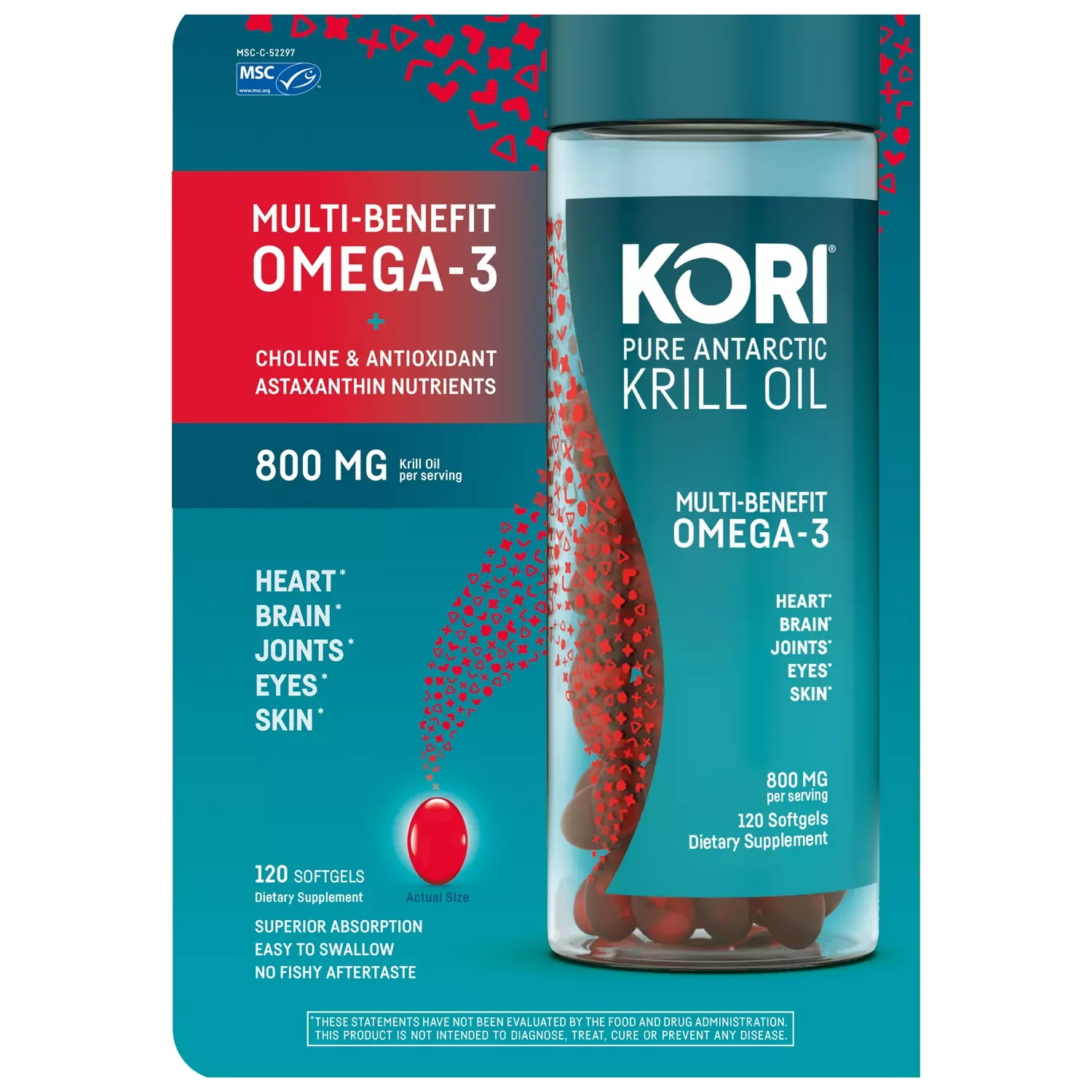
Krill Oil vs Fish Oil: Fatty Acid Composition
When weighing krill vs fish oil, understanding their fatty acid composition is key. Both oils offer beneficial omega-3s, but the structure and presence of certain fatty acids can influence their effectiveness.
Krill oil boasts a unique combination of omega-3s attached to phospholipids. These fats integrate into cell membranes more easily than triglycerides. This means the body may utilize krill oil’s omega-3s more efficiently than those from fish oil, which are mostly in triglyceride form.
In terms of specific fatty acids, both krill and fish oil contain EPA and DHA. However, the ratios can differ. Krill oil typically has a higher proportion of EPA to DHA. This can be especially beneficial for fighting inflammation and supporting joint health.
Fish oil, on the other hand, is often richer in DHA. This can make it an excellent choice for supporting brain and eye health. Research suggests that our bodies may prefer DHA for these functions.
In summary, krill oil provides fatty acids in a phospholipid form that may offer an absorption advantage. Fish oil often has higher DHA levels, which could be more beneficial for certain health aspects. Considering the fatty acid composition will help you decide which oil could best meet your health needs.
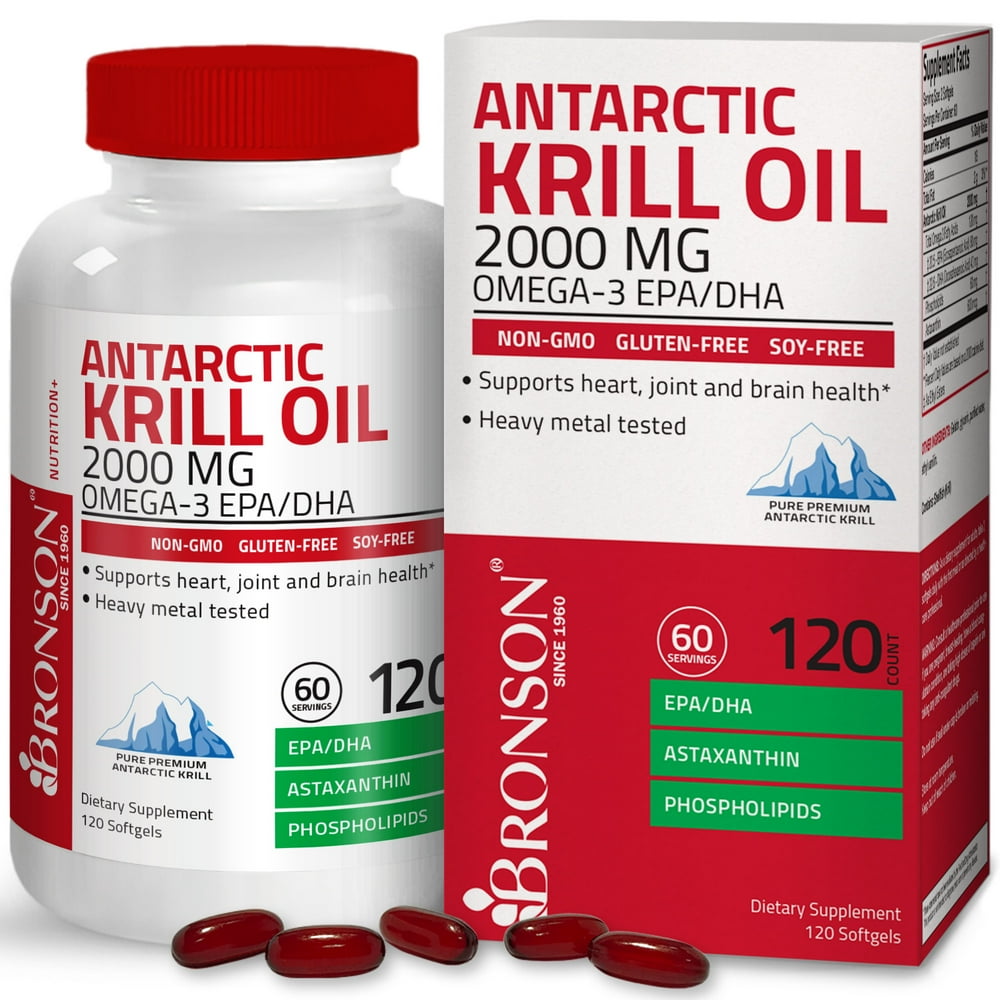
Absorption and Bioavailability
When comparing krill vs fish oil, absorption and bioavailability are crucial. They determine how well our bodies can use the omega-3s in these oils.
Understanding Absorption
Absorption refers to how our body takes in nutrients. It’s an essential factor because it affects how omega-3s benefit us. Krill oil’s omega-3s are bound to phospholipids. This can aid in more direct absorption into our cells.
Fish oil’s omega-3s are in triglyceride form. This means our bodies may need more steps to utilize them. However, both forms can contribute to our omega-3 levels.
Bioavailability of Omega-3s
Bioavailability is about the extent and rate at which our body uses nutrients. Krill oil’s phospholipids may increase bioavailability. This means you might get more omega-3s working in your body sooner with krill oil.
Fish oil requires enzymes to break down the triglycerides. Once they are broken down, the free fatty acids can be absorbed. Still, fish oil’s high DHA content can make it highly beneficial, despite the extra conversion steps.
Practical Implications for Users
For those taking supplements, higher absorption and bioavailability mean more benefits. Krill oil may have an edge regarding how quickly and effectively it works.
Choosing between krill vs fish oil isn’t just about the content. It’s also about how our bodies handle these nutrients. That’s why considering absorption and bioavailability matters in this debate.
Environmental Impacts and Sustainability
When debating krill vs fish oil supplements, we must consider their environmental impacts and sustainability. Both these factors are critical as they directly affect marine ecosystems and the overall health of our planet’s waters. Let’s delve into what makes each option environmentally sound or concerning.
Krill Oil and the Environment
Krill harvesting often comes from the Antarctic Ocean, a region with delicate ecosystems. The Antarctic krill is a key species in the marine food web. Over-harvesting can disrupt this balance, affecting many species, including penguins and whales. However, krill oil is often praised for being a more sustainable option than fish oil. The Commission for the Conservation of Antarctic Marine Living Resources (CCAMLR) strictly regulates krill fishing. This helps ensure a sustainable krill population.
Fish Oil and Marine Health
Fish oil comes from wild fish like salmon and mackerel. Large-scale fishing for these species can contribute to overfishing. This is a major concern for ocean health. Overfishing can lead to reduced fish populations and imbalances in the marine ecosystem. Some organizations, such as the Marine Stewardship Council (MSC), certify sustainable fish oil products. This indicates that they meet certain environmental standards.
The Sustainability Choice
Choosing products that are MSC-certified or CCAMLR-regulated can help you make an eco-friendly choice. In the krill vs fish oil comparison, both have pros and cons regarding sustainability. Krill oil might be absorbed by our bodies more efficiently, leading to a potentially lower necessary dosage. This could lessen the environmental impact. On the other hand, if you opt for fish oil, selecting products from well-managed, sustainable fisheries can minimize negative effects.
Krill and fish oils both have their unique environmental considerations. By understanding the implications of your supplement choice, you can help maintain marine biodiversity and health. Look for certified sustainable products to make a difference.

Side Effects and Safety Considerations
When considering krill vs fish oil, side effects and safety are important. We’ll look at what you should know.
Potential Side Effects of Krill Oil
Krill oil is generally safe for most people. However, some may experience side effects. These can include fishy burps, stomach discomfort, and diarrhea. People with seafood allergies should avoid krill oil. It could cause allergic reactions.
Potential Side Effects of Fish Oil
Fish oil also has a low risk for side effects. Common issues include bad breath, heartburn, and nausea. High doses might lead to bleeding risks or affect immune responses. Always follow recommended dosages.
Safety Considerations When Using Omega-3 Supplements
Safety is crucial when taking any supplement. Be mindful of the correct dosage. Talk to a healthcare provider before starting, especially if you take medications. Pregnant or nursing women should consult a doctor first. It ensures the safety of both mother and child.
Interactions with Other Medications
Omega-3 supplements can interact with certain medications. This includes blood thinners and drugs for high blood pressure. Be sure to discuss with your physician all medicines you are taking.
Purity and Quality Concerns
Not all krill or fish oil supplements are made equal. Some might contain contaminants like mercury or PCBs. Look for products with third-party testing. This assures purity and quality. Certifications can provide peace of mind about what you’re taking.
In the krill vs fish oil discussion, side effects are generally rare and mild. By choosing high-quality products and consulting with a healthcare provider, you can confidently include these supplements in your health regimen.

Making the Right Choice for Your Health
When it comes to picking krill vs fish oil, your health is the priority. Consider your health goals, dietary preferences, and any medical advice. Here’s how to make the right choice for you:
Assess Your Health Needs
Think about what you need from an omega-3 supplement. If joint health is your concern, krill oil’s higher EPA ratio might help. If you’re focusing on brain or eye health, fish oil’s rich DHA content could be beneficial.
Reflect on Dietary Restrictions
Are you allergic to seafood? If so, krill oil may not be for you. Fish oil could be a safe alternative. Also, for vegetarians, algae-based omega-3 supplements are an option.
Consult With Your Doctor
Always talk to your healthcare provider before starting any supplement. This is key if you take other meds or have health issues. Your doctor can help tailor advice to your needs.
Consider the Environmental Impact
If you care about sustainability, look for certified sustainable products. Both krill and fish oil can be eco-friendly if sourced right.
Choose Quality Over Price
Don’t just go for the cheapest option. Quality matters. Check for third-party testing to ensure purity and safety of the product.Remember, both krill and fish oil are good sources of omega-3s. Your choice should align with your health needs and values. By considering all aspects, you can make an informed decision that’s right for your health.
